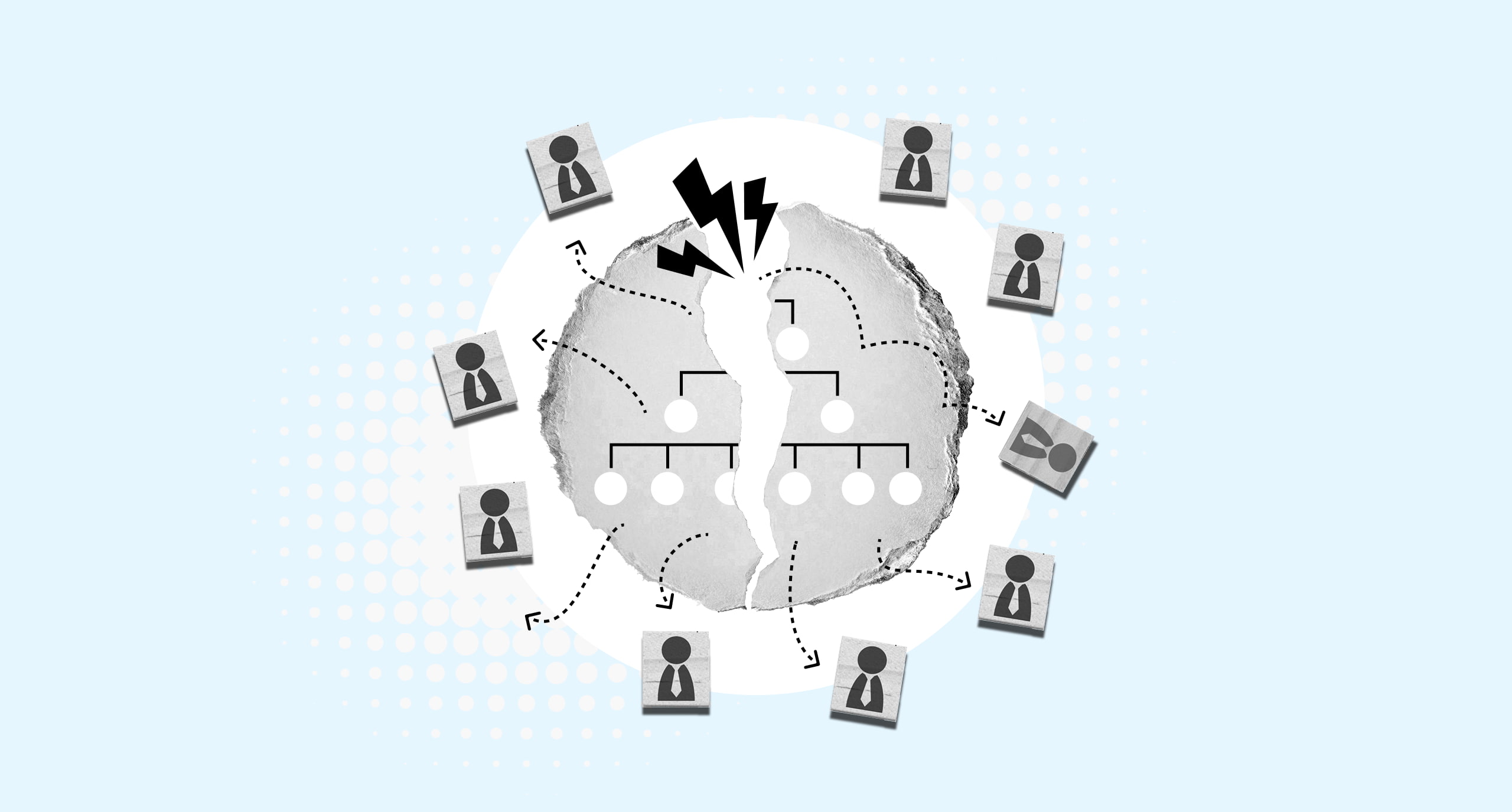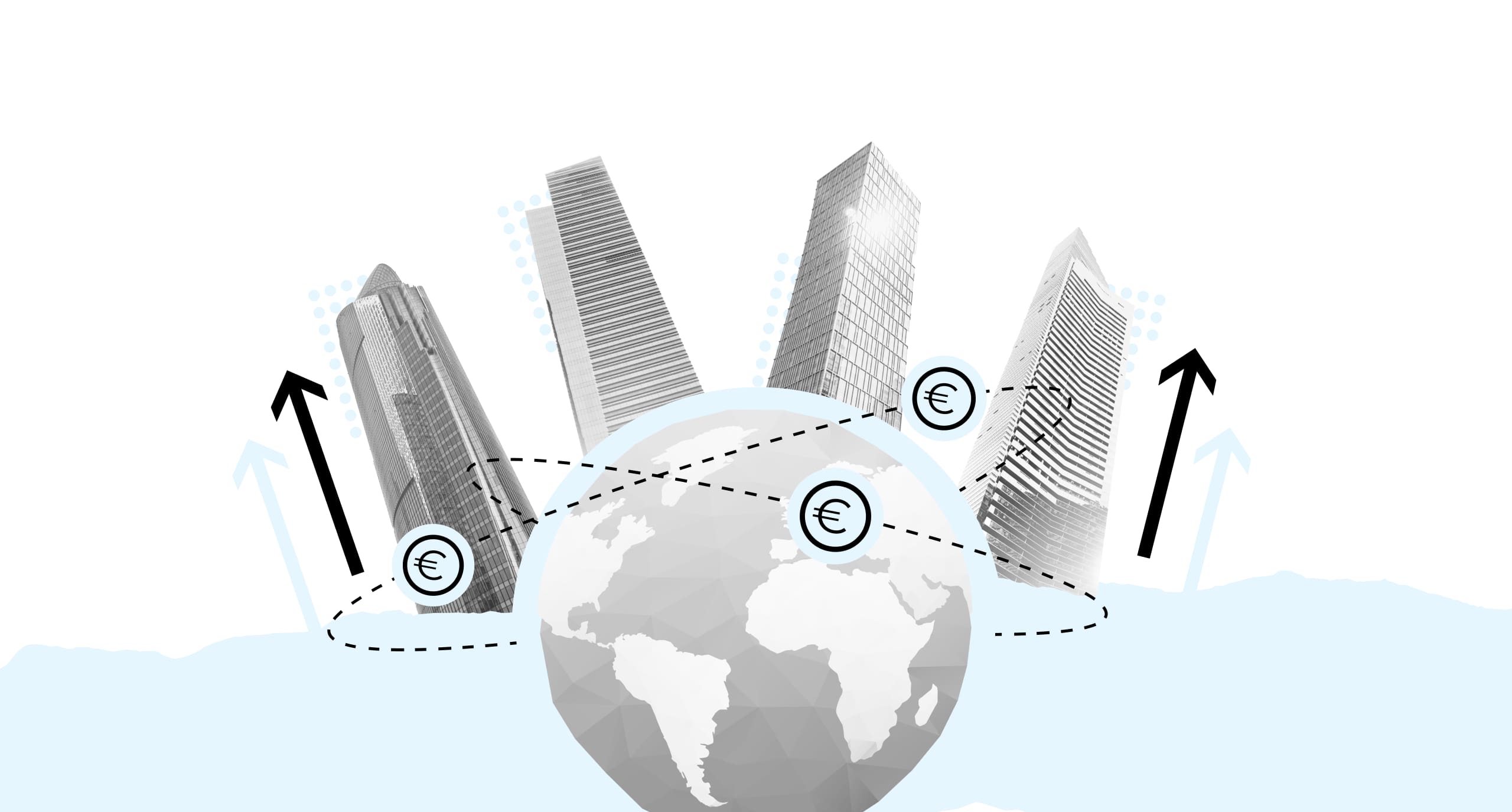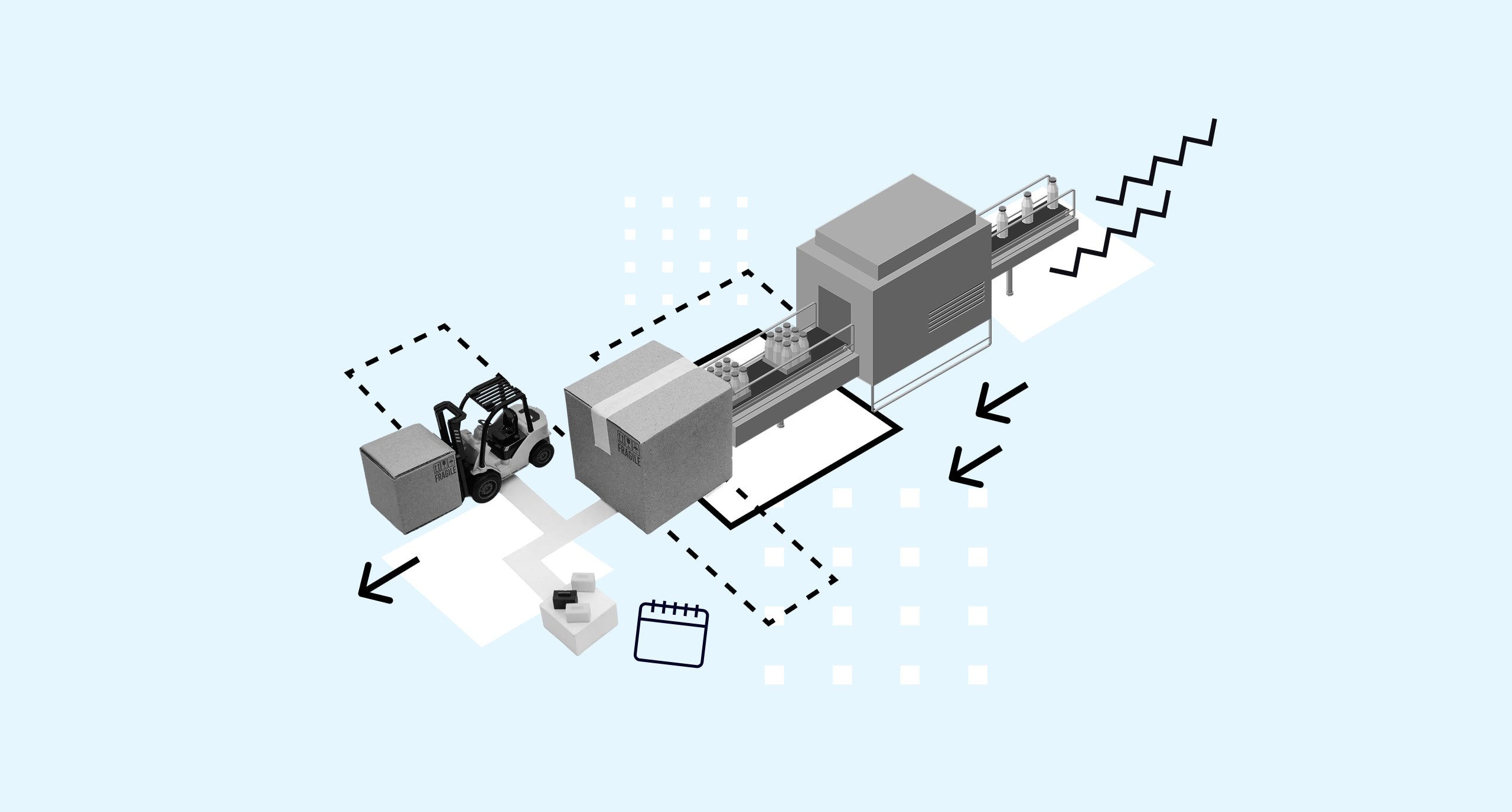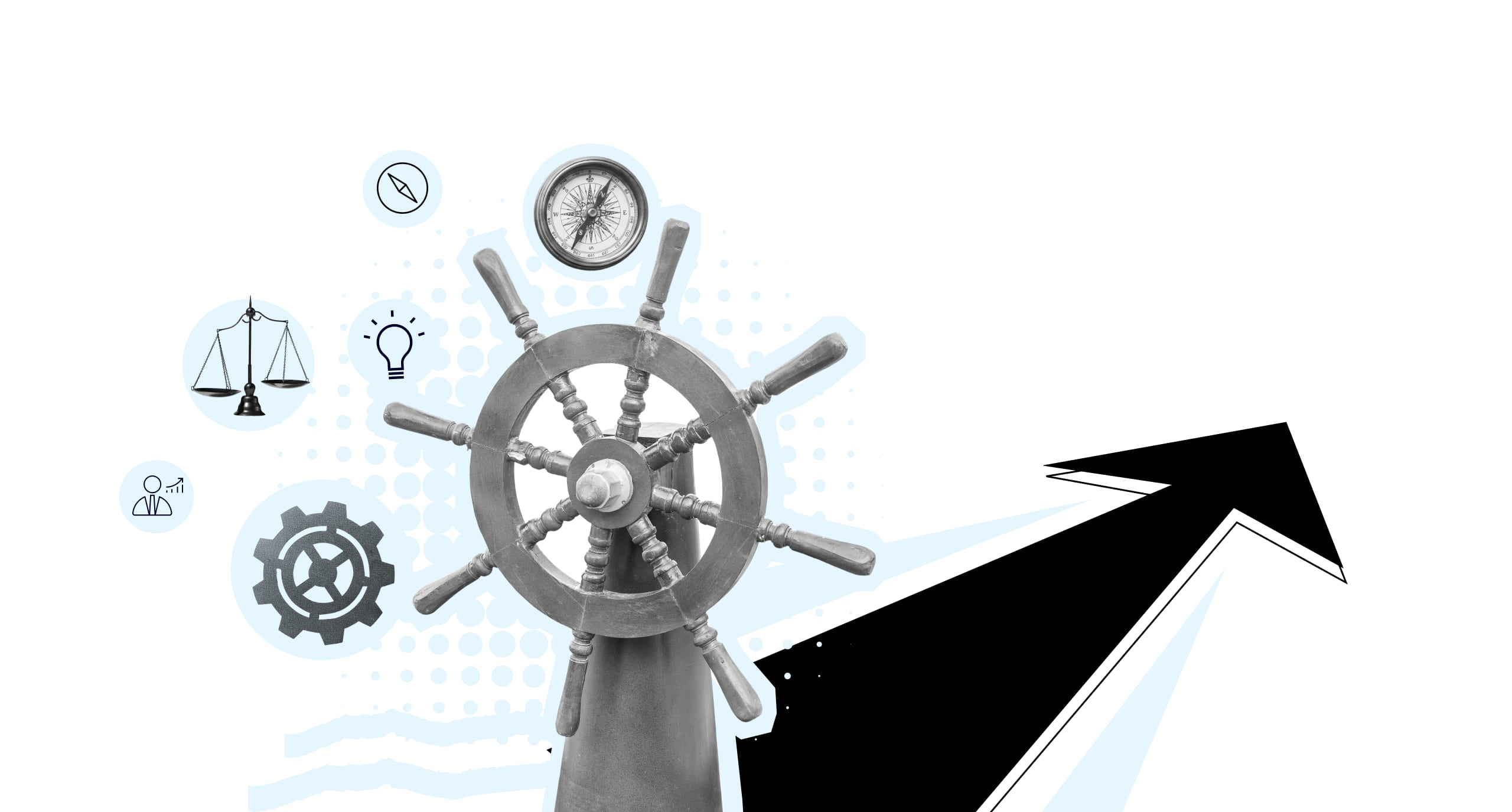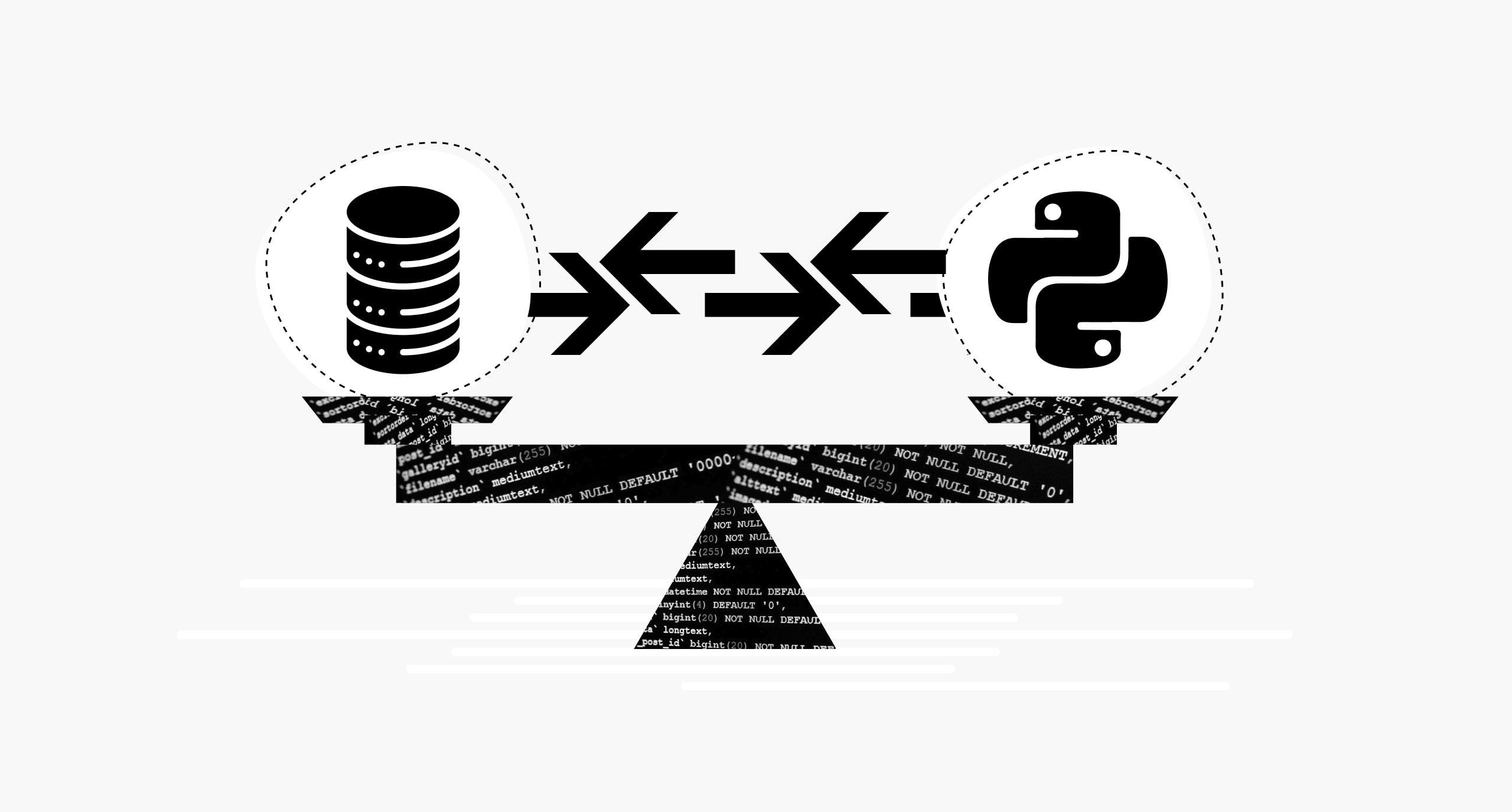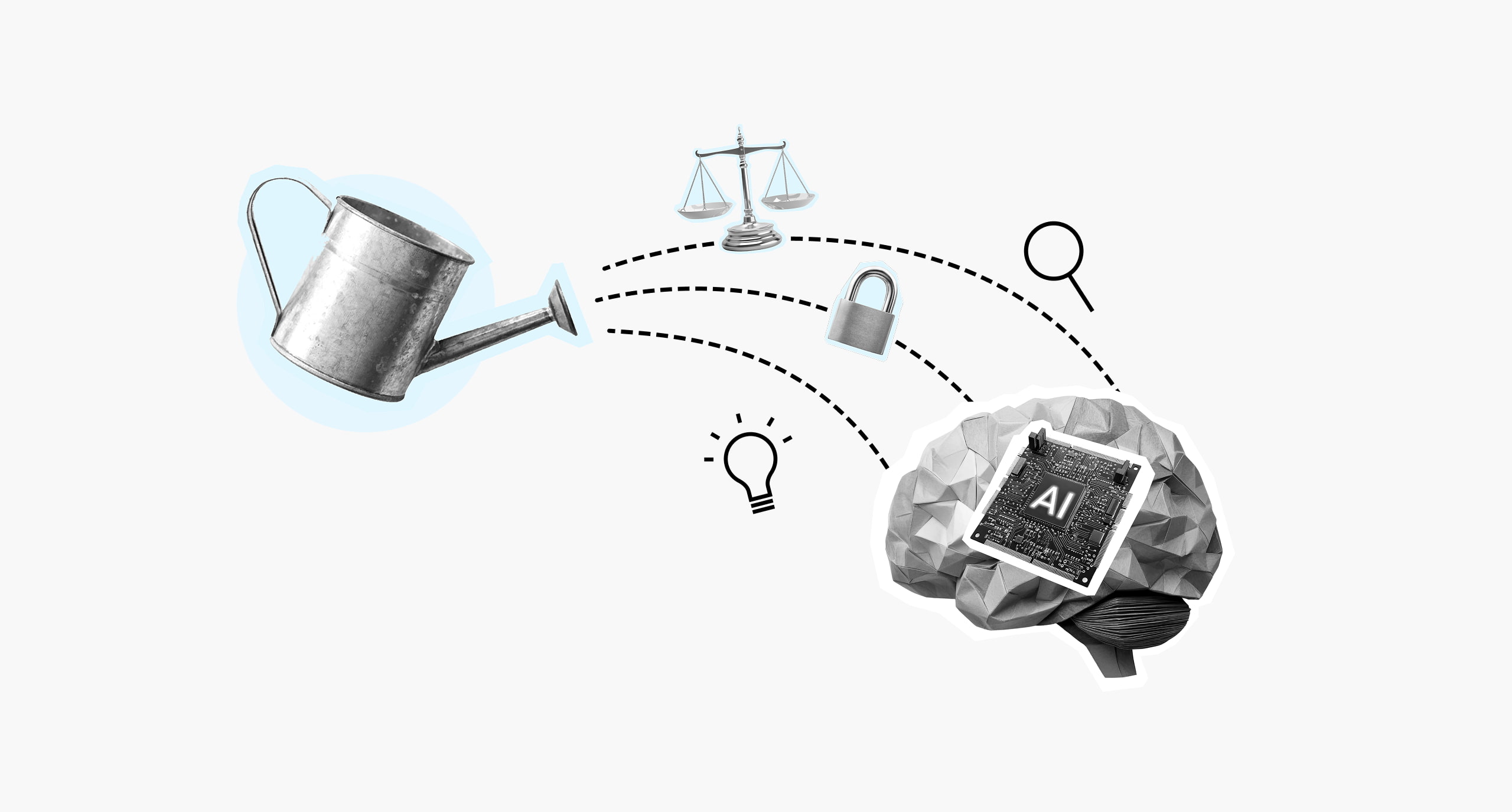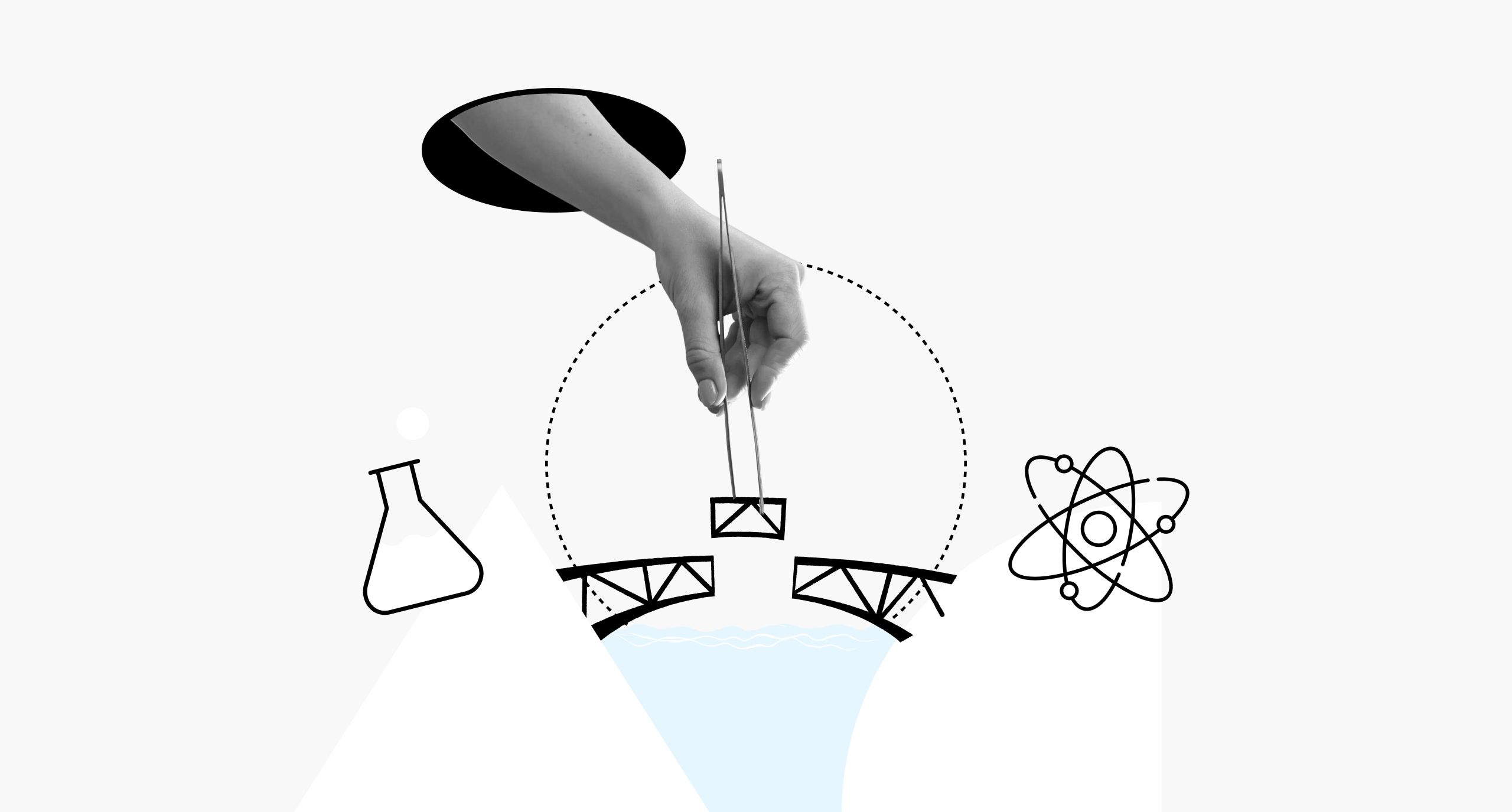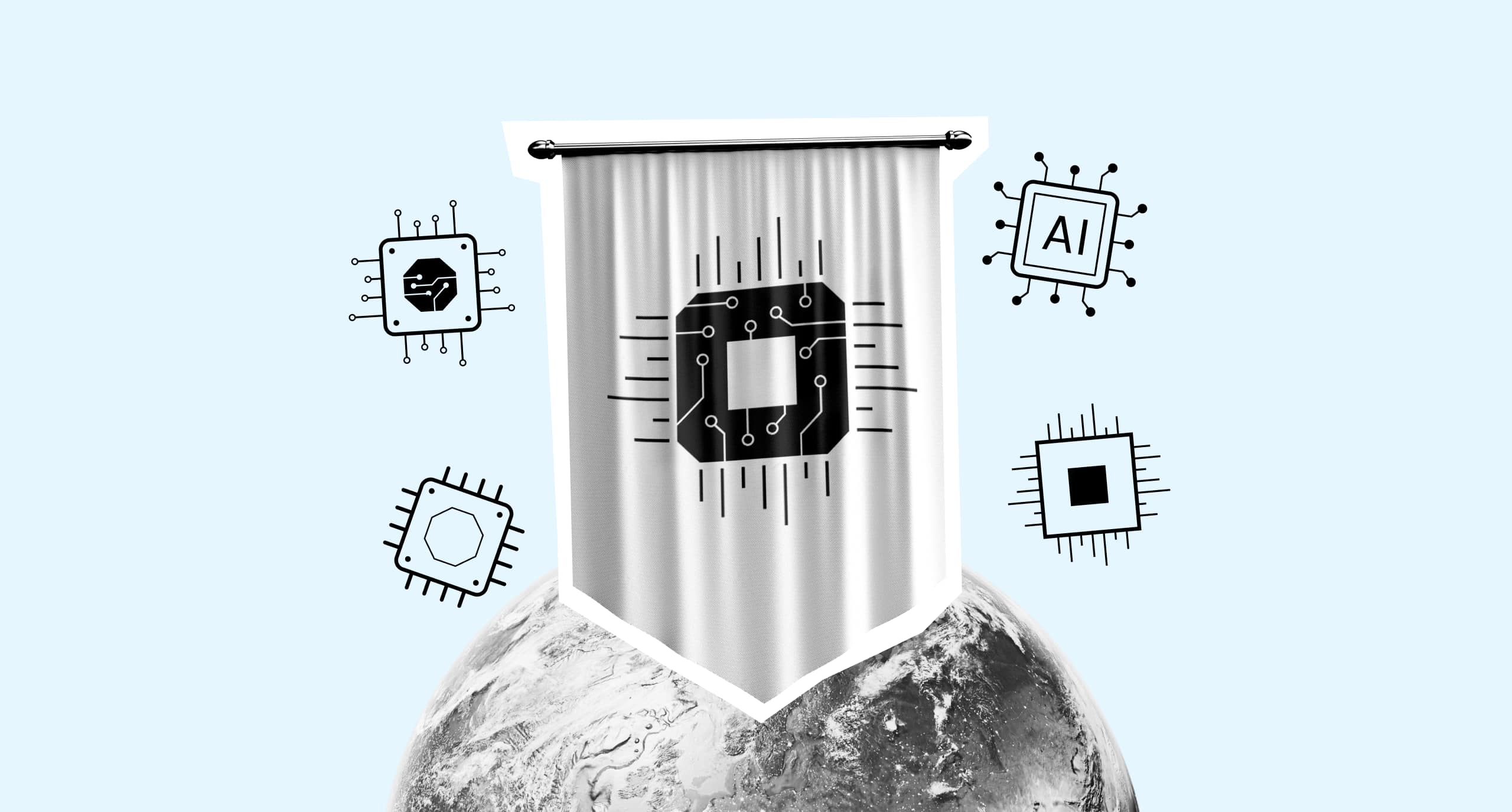The new global order is being formed and it’s happening as you read this article. Now, with the launch of our new Master in Public Policy, we’re looking toward sustainable global governance and our future’s outline.
Let’s dive in.
What are the primary challenges in building a sustainable global order?
It’s a complex world out there, meaning the network of difficulties spreads wide and runs deep. However, there are five core areas which provide touchpoints in building the new global order.
1. Weak structures
Least Developed Countries (LDCs) continue to face deep structural barriers—low human capital, weak institutions and high vulnerability to shocks. As it stands, they’re limiting sustainable development. Nearly half of LDCs still live in extreme poverty, with only a handful of countries graduating from LDC status since 1971. Despite clearly defined Sustainable Development Goals (SDGs), we’re still behind on scaling up progress.
2. Demographic pressure and jobless growth
LDCs are experiencing explosive population growth, especially among working-age youth. But economic systems are failing to generate enough jobs to match this surge. Even when growth occurs, it often excludes broad employment gains, which exacerbates inequality and heightens the risk of political instability. We need structural reform and investment in labor-intensive sectors to beat the curve. Until then, public policy will struggle to realize the demographic dividend.
3. Climate vulnerability and conflict
Climate change, environmental degradation and security risks are hitting LDCs hardest. We’re seeing disproportionate losses across these nations via natural disasters, food insecurity and displaced populations due to conflict. Weak governance further compounds these challenges, with fragile institutions unable to manage crises or deliver essential services. Development is impossible without public policy that ensures resilience and stability.
4. Slow growth and disruption
Slowing global growth, volatile commodity prices, tighter financial markets and stagnant Official Development Assistance (ODA) have created a far less supportive environment than during the Millennium Development Goals (MDG) era. At the same time, technological disruption—including automation, reshoring and digitalization—has undermined traditional industrialization pathways. As a result, we’re seeing a bigger threat to jobs and premature deindustrialization moving rapidly.
5. Fragmented global support
Current international support systems—ODA, finance, and multilateral cooperation—remain fragmented. LDCs need new global development frameworks to prioritize climate resilience, youth employment, institutional capacity and access to finance. Without bold and targeted international action, they will continue to find SDGs out of reach.
Why is a new global governance framework needed?
The traditional global institutions are weakening while states reclaim authority. In turn, fragmented regional blocs and overlapping trade agreements have filled the gap. These uncoordinated “spaghetti bowl” arrangements, especially among emerging South–South partnerships, now shape much of the global economy—but without strategic alignment, they risk deepening instability.
To fix this, regional development institutions need stronger coordination. Models like the Belt and Road Initiative show how cross-border infrastructure and financing can be organized through pooled resources and shared planning. Similar approaches could be scaled across Africa, South America and other under-connected regions, linking institutions like the China Development Bank, the EIB and others into coherent regional strategies that address long-term development needs.
However, we’re missing experts in public policy that can link these regional systems.
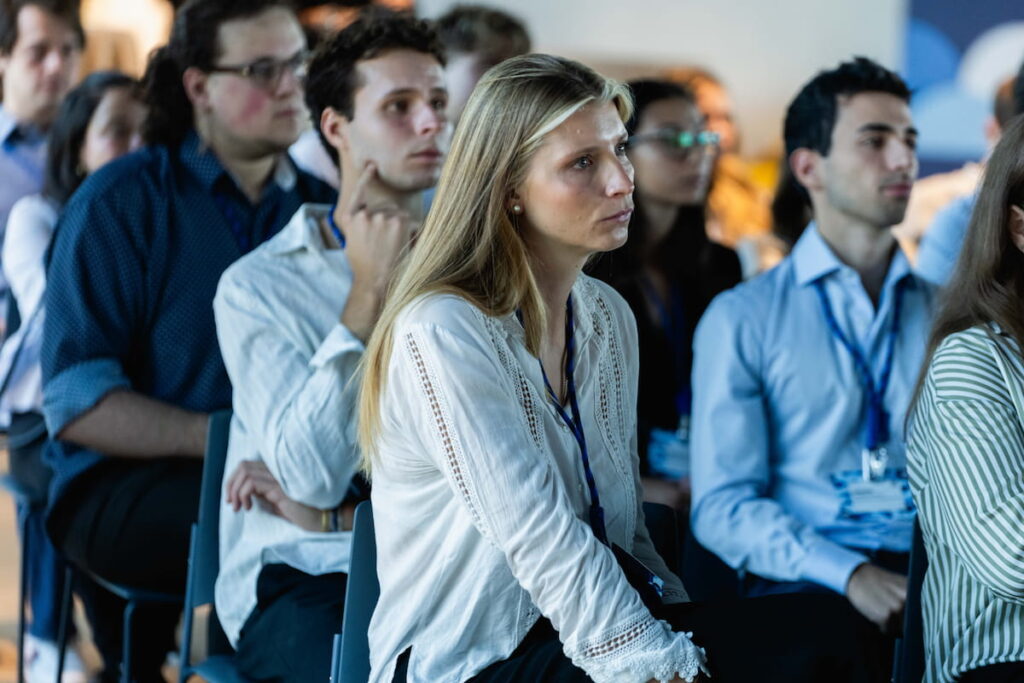
In designing a platform to connect major blocs such as the EU, African Union, RCEP, and MERCOSUR, policymakers can coordinate responses to shared risks. This form of syndicated regionalism would replace outdated core–periphery dynamics with a more balanced structure, making globalization more inclusive and resilient.
What is the role of international institutions in a new global order?
In the new global order, international institutions are being reimagined to reflect multipolar realities. The erosion of Western hegemony creates space for alternative models, particularly from the Global South, where the appetite for inclusive, representative governance is growing. New policymakers must rethink the approaches of typical hierarchies like NATO, the EU and the G7 to understand how power can be better distributed. This requires an understanding of various geopolitical, economic and cultural perspectives.
Yet building effective institutions outside the Western framework comes with structural constraints. Unlike Western alliances, which often cohere around common threats or ideological alignment, emerging coalitions such as BRICS or the Shanghai Cooperation Organization are more ideologically diverse and decentralized. This limits their ability to enforce coordinated policy or act with unified force. However, they do offer pluralistic forums that normalize multipolar cooperation. This, in turn, reduces dependency on legacy institutions and creates space for negotiation without subordination.
As such, the foundational concepts of global governance must also evolve.
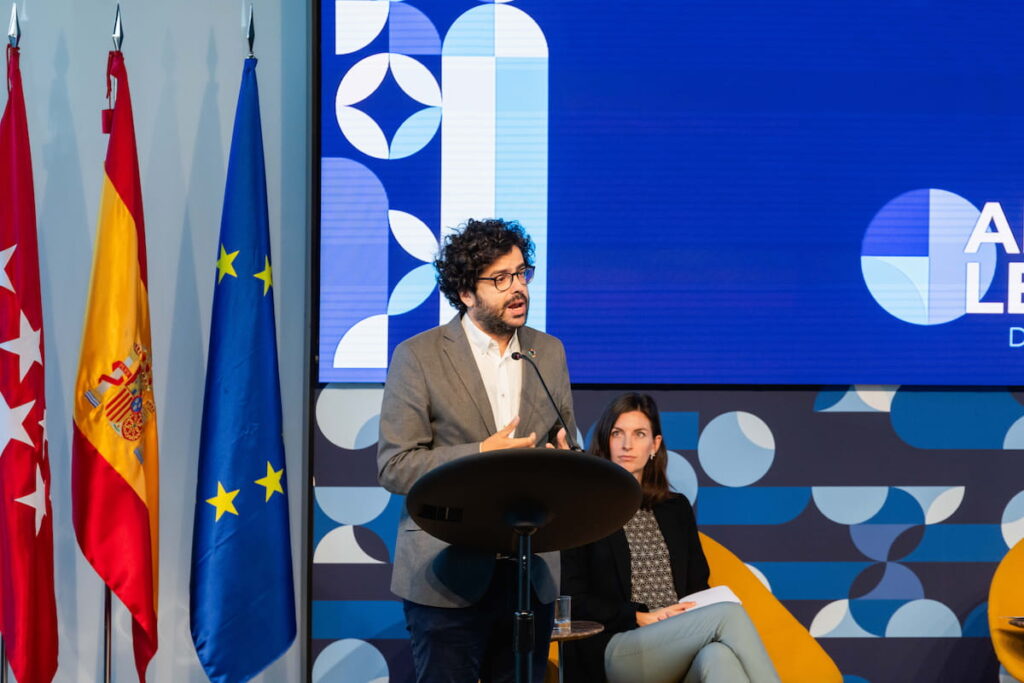
The legal and political norms that dominate today—rooted in the Westphalian state model and post-WWII architecture—often reflect the priorities of the Global North. As the global center of gravity shifts, these frameworks must be questioned. Building legitimacy will require institutions to draw from a broader range of political traditions, legal cultures and normative systems. Without that recalibration, governance risks remaining structurally biased.
So, what strategies can nations adopt to support a global order? They must align domestic policies with multilateral commitments—such as the 2030 Agenda for Sustainable Development—and invest political capital in revitalizing institutions that enable cooperation across borders. This includes actively participating in forums like the UN High-Level Political Forum, strengthening cross-sector partnerships, and embedding sustainability into national planning. But above all, countries must recognize that the legitimacy and durability of the global order will depend on their willingness to share power, not just interests.
Overcome global cooperation challenges with our Master in Public Policy
Public policy today sits at the center of global transformation. Now, with AI reshaping labor markets amid urgent calls for climate transitions and solutions for inequality, we need future-minded leaders. European integration continues to evolve while political polarization undermines institutions and the role of evidence in policymaking. These trends require immediate response. So, what do we do?
We can start by investing in new generations. And that’s exactly what we’re doing with the Master in Public Policy. At IE School of Politics, Economics & Global Affairs, we’re training young people like you to work across disciplines, navigate institutional complexity, and deliver measurable impact. The program combines rigorous training in policy analysis, economics, and political systems with practical leadership development. Students gain hands-on skills in areas such as data analytics, strategic foresight, negotiation, and public communication—tools essential for designing effective policy and influencing decision-making in high-stakes environments.
Beyond the core curriculum, students specialize in one of three critical domains: European Union policy, environment and sustainability, or digital transformation. Each track offers focused expertise and real-world exposure. Graduates leave ready to lead—whether in government, international organizations, NGOs or consultancies—equipped not just to understand global challenges, but to shape the systems that respond to them.
Build a new global order with the Master in Public Policy
Be part of change with a brand new program from IE School of Politics, Economics & Global Affairs.

Benjamin is the editor of Uncover IE. His writing is featured in the LAMDA Verse and Prose Anthology Vol. 19, The Primer and Moonflake Press. Benjamin provided translation for “FalseStuff: La Muerte de las Musas”, winner of Best Theatre Show at the Max Awards 2024.
Benjamin was shortlisted for the Bristol Old Vic Open Sessions 2016 and the Alpine Fellowship Writing Prize 2023.

